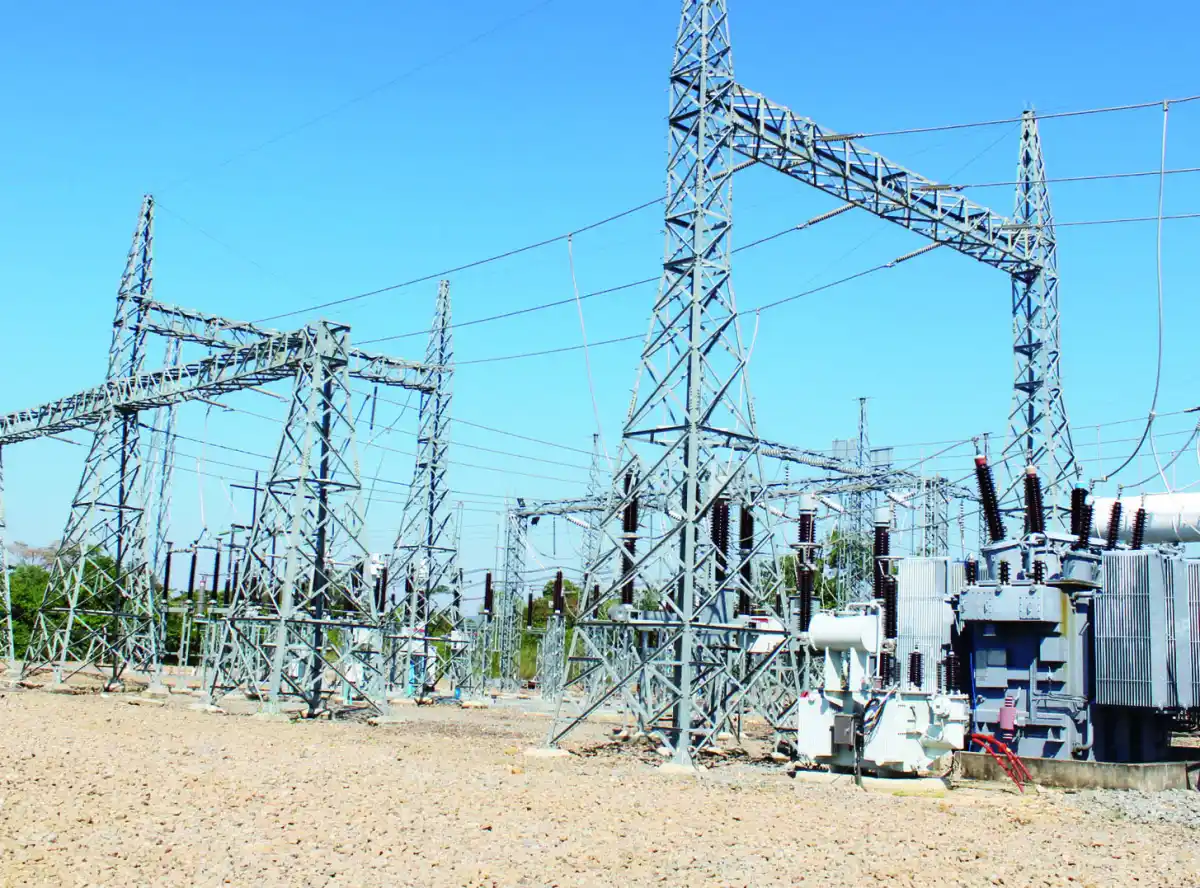
By Benadetta Chiwanda Mia:
The World Bank has said the 350 megawatts (mw) hydroelectric generating project under development at Mpatamanga on the Shire River has potential to contribute about $1.6 billion to Malawi’s nominal gross domestic product (GDP).
The value is equivalent to13 percent of Malawi’s GDP for 2026, projected at $15.27 billion.
The World Bank has since touted the project’s potential economic transformative role through increased power generation.
In its Malawi Economic Monitor (MEM) issued last week, the Bretton Woods institution says the estimated value could be attained within 25 years to 2050.
“After construction, the direct benefits from increased electricity production, combined with the indirect impact on other sectors (excluding mining), could add $7.2 to $8.0 billion to total economic output (60 to 68 percent of 2026 expected GDP).
“The indirect benefits from supporting the development of the mining sector could range from an additional $11.4 billion to $38 billion,” the report reads.
It highlights that the project would lead to strengthened trade balance, as a share of the increased energy output will be exported.
“The project’s ability to supply and store power will greatly increase the reliability of the country’s power systems and create opportunities to trade surplus power through the Southern Africa Power Pool,” the MEM adds.
The project is set to generate over 1,500 gigawatt-hours annually, equivalent to 60 percent of Malawi’s current electricity production.
State-owned Electricity Generation Company (Egenco) has, currently, a total installed generation capacity of 441.95MW, with other power sources coming from independent power producers (IPPs).
In an earlier interview, Mpatamanga Hydro Power Limited General Manager Tamya Kerr said construction would commence later this year, starting with a power generation dam at Chileka in Blantyre.
At almost 26 percent access, Malawi currently has one of the lowest rates of electricity access among comparable countries, and boosting it will require substantially increasing generation capacity.
Last week, Malawi signed a $250.80 million grant with the World Bank for the Accelerating Sustainable and Clean Energy Access Transformation project, which is expected to increase access to electricity from 25 percent to 70 percent.








0 Comments